Manchester Arena Inquiry: Bomber attacked girl at college, hearing told
- Published

Twenty-two people died in the bombing on 22 May 2017
The Manchester Arena bomber attacked a female student while he was studying at a college, an inquiry has heard.
Twenty-two people were killed when Salman Abedi detonated a bomb in the venue's foyer on 22 May 2017.
The inquiry into the atrocity has heard how Abedi was investigated by police after striking a girl on the back of the head at Manchester College in 2012.
The college's former head of campus said there was nothing to suggest he was at risk of being radicalised.
Abedi, who was 17 at the time of the assault, hit the girl after a disagreement, the hearing was told.
Police were then alerted when the complainant said she wanted to press charges.
It was also noted the complainant's sister, who attended a different college, was then subjected to abuse from friends of Abedi.
Abedi was not charged by police but instead underwent "mediation" with the victim, who was also from the Libyan community, the inquiry heard.
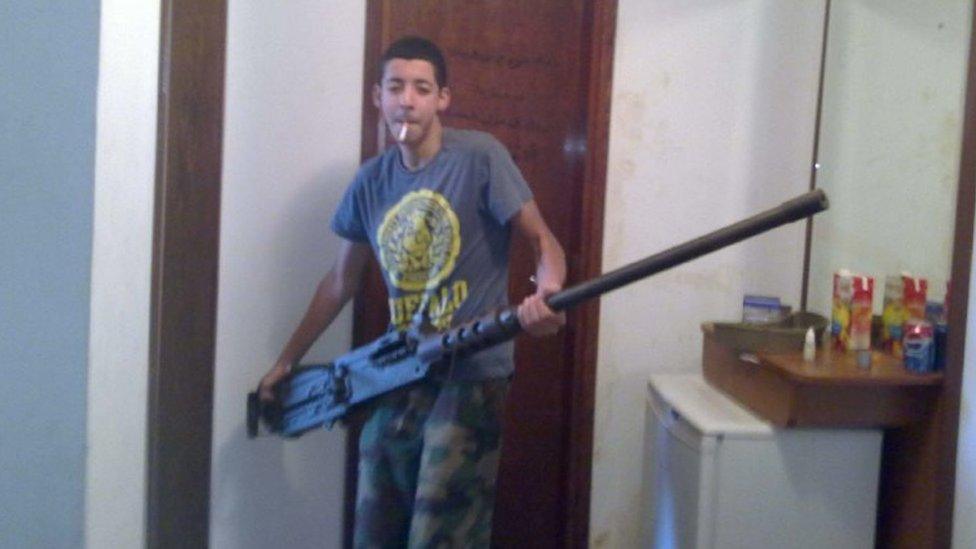
Salman Abedi was suspended from Manchester College after striking the girl
The college's former head of campus Rachel Pilling told the inquiry they were not made aware that anger management was the proposed outcome of the police mediation.
The college held meetings with Abedi's brother Ismail because their parents were not around, the inquiry was told.
Ismail was ordered to attend the inquiry in October but flew out of the UK beforehand.
"At that time, I had concerns around why his brother [Ismail] was attending again and where was his parents. I think at that time, Ismail was 19," Ms Pilling said.
Ms Pilling insisted there was nothing during Abedi's time at the college to indicate he may have been vulnerable to being drawn into extremism.
She said Abedi did attend the college in Islamic dress before Friday prayers but there were "never any concerns" about his attitude to women.
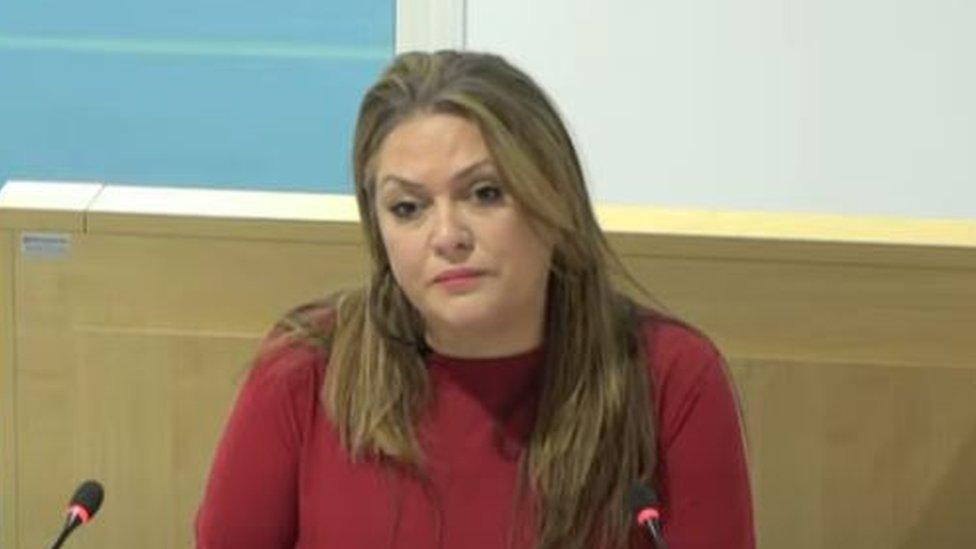
Rachel Pilling said there was nothing to suggest Abedi was at risk of being radicalised
The inquiry also heard from the University of Salford, where Abedi studied from October 2015 until he dropped out in January 2017.
Andrew Hartley, who is head of safeguarding at uiniversity, admitted "there should have been an approach" to Abedi to speak to him about his studies and why he was no longer engaging.
However, Mr Hartley added: "It would be entirely speculative to know how he may have responded or if indeed he would have responded at all."
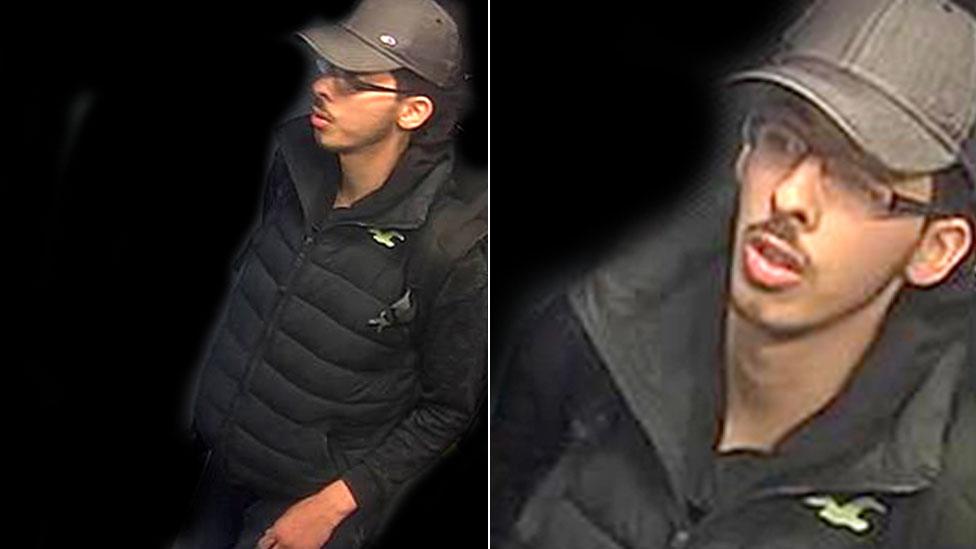
Salman Abedi detonated a bomb at the arena on 22 May 2017
The court heard that Abedi, who was on a business and management degree course, failed to turn up to one exam in January 2017 and left another after just an hour, getting a mark of 0 out of 75.
Since 2015, all educational institutions have a legal duty to look out for and report anyone who may be in danger of being radicalised.
The hearing was told an internal review carried out by the university after the bombing found there was "no evidence or information to suggest Abedi was or might be at risk of being drawn into terrorism".
Before university Abedi was a business studies student at Trafford College between September 2013 and June 2015.
On his application form he was asked to state where he saw himself in five to 10 years and Abedi wrote: "Hopefully I will have my PhD and I will be owner of a company."
Michelle Leslie, a vice principal at the college, told the inquiry he was "not a model student but in no way atypical".
Apart from an incident where he was "very rude and disrespectful" to library staff, she said there was "nothing exceptional about him".
She said: "There were not any warning signs."
The inquiry continues.

Why not follow BBC North West on Facebook, external, Twitter, external and Instagram, external? You can also send story ideas to northwest.newsonline@bbc.co.uk
Related topics
- Published6 December 2021

- Published3 December 2021
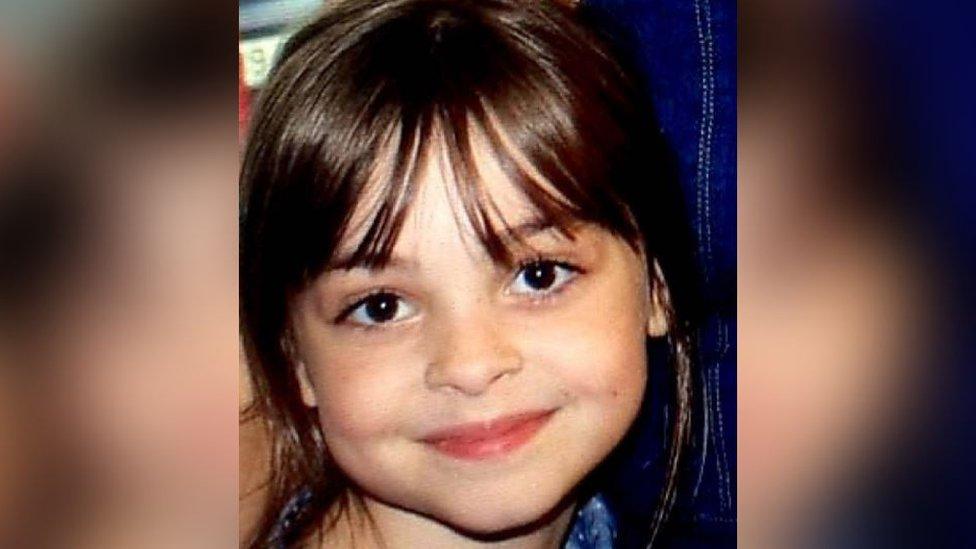
- Published2 December 2021
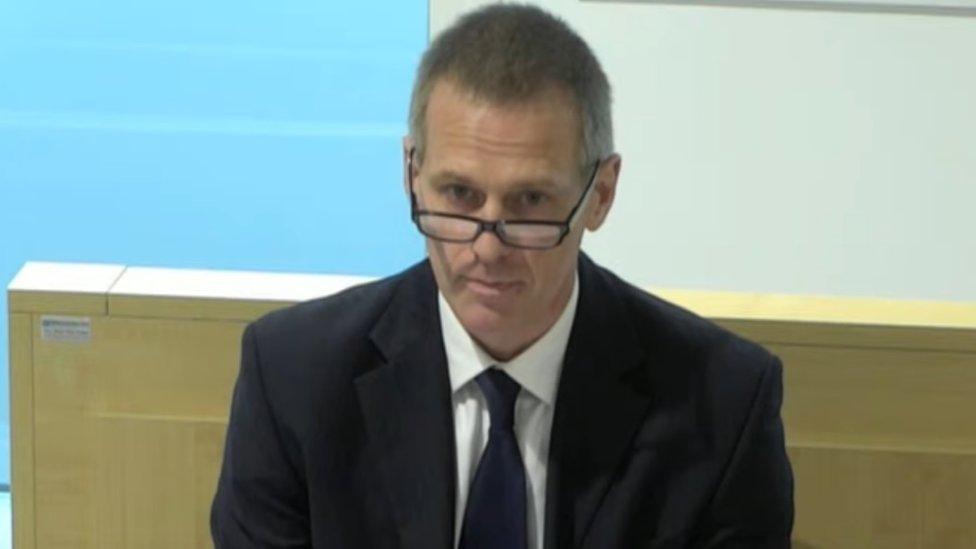
- Published1 December 2021
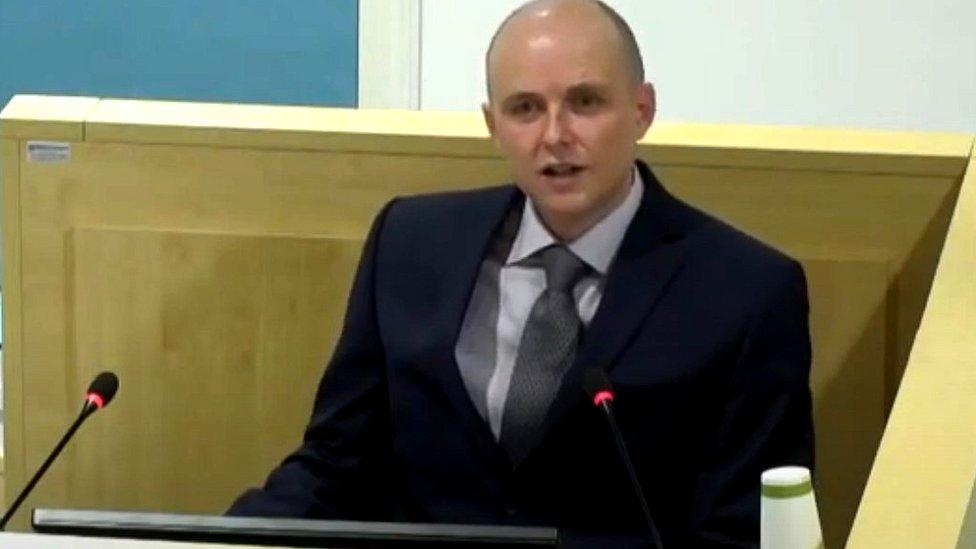
- Published30 November 2021

- Published29 November 2021
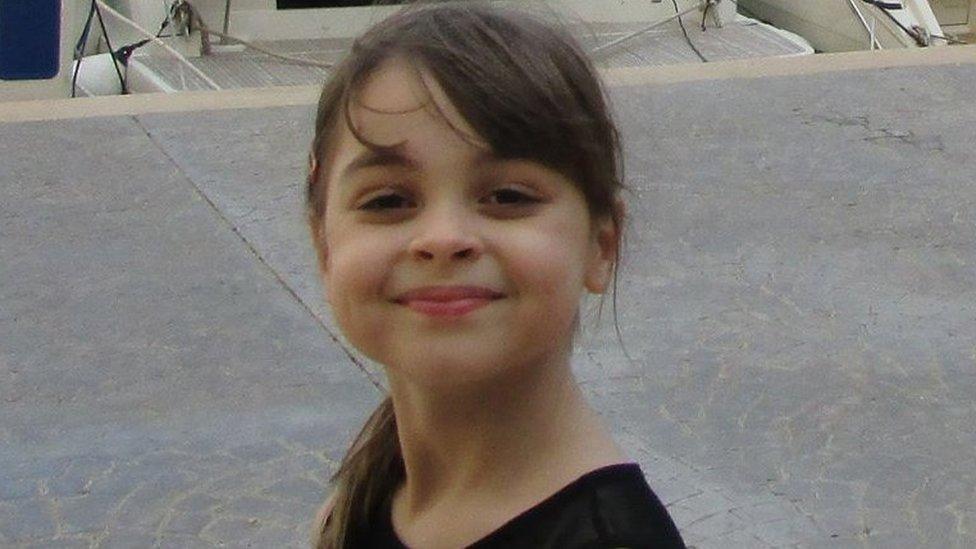
- Published26 November 2021
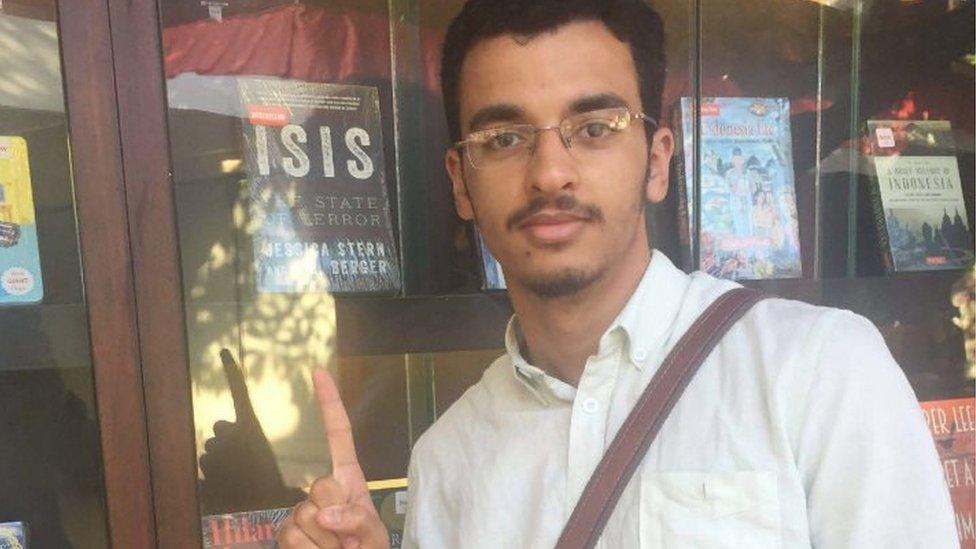
- Published25 November 2021
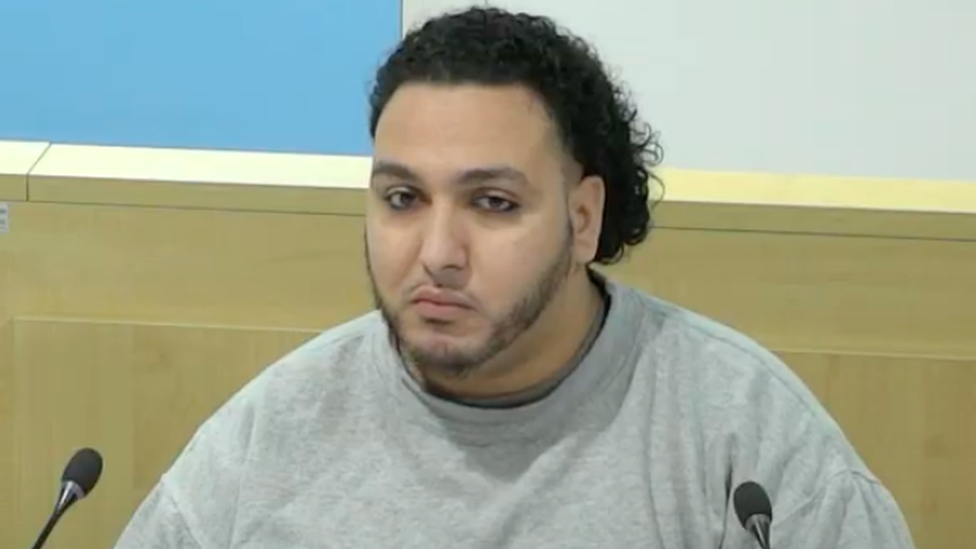
- Published24 November 2021
